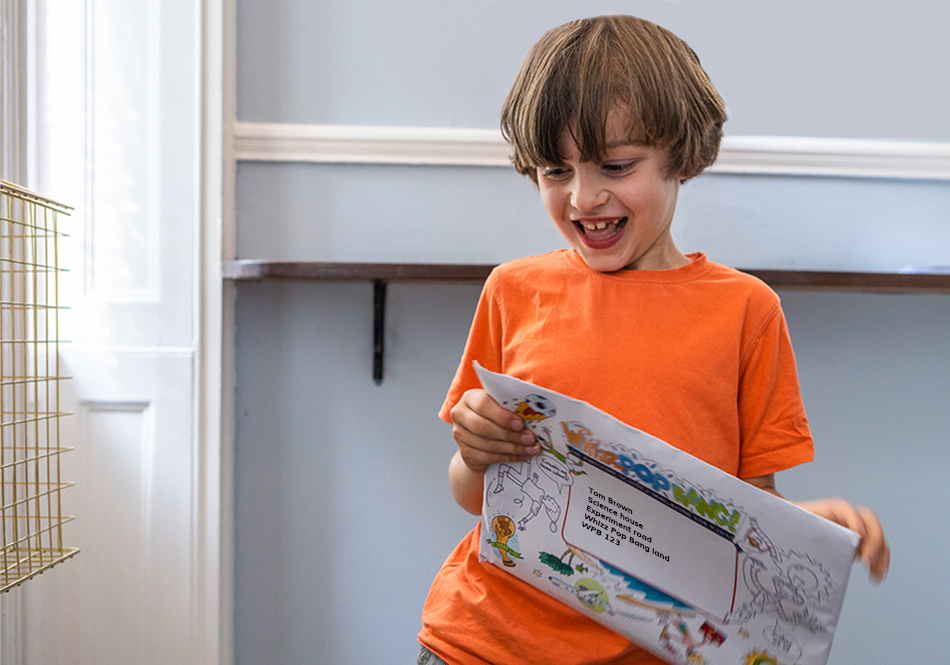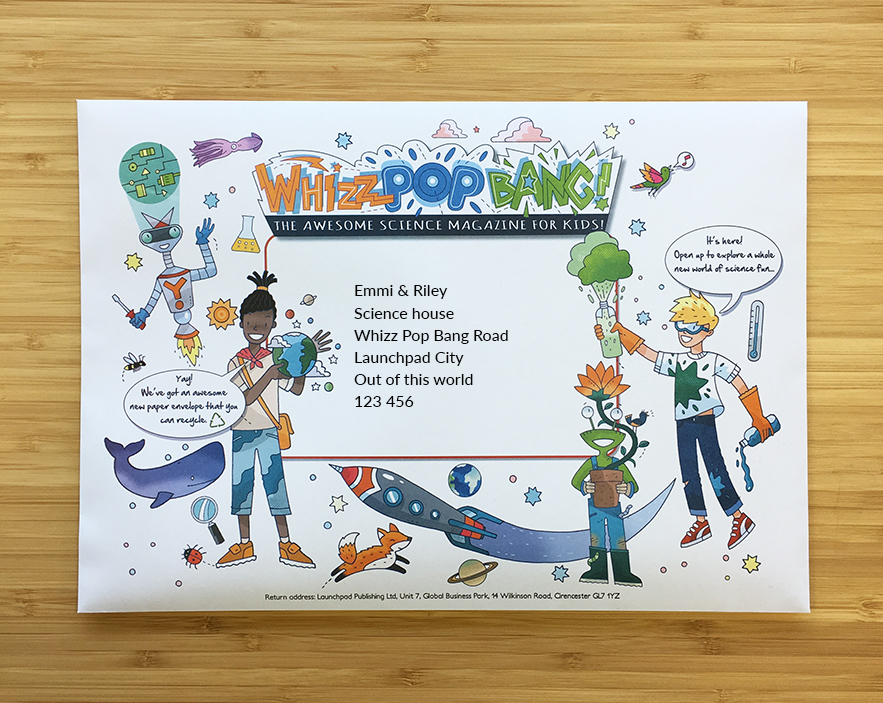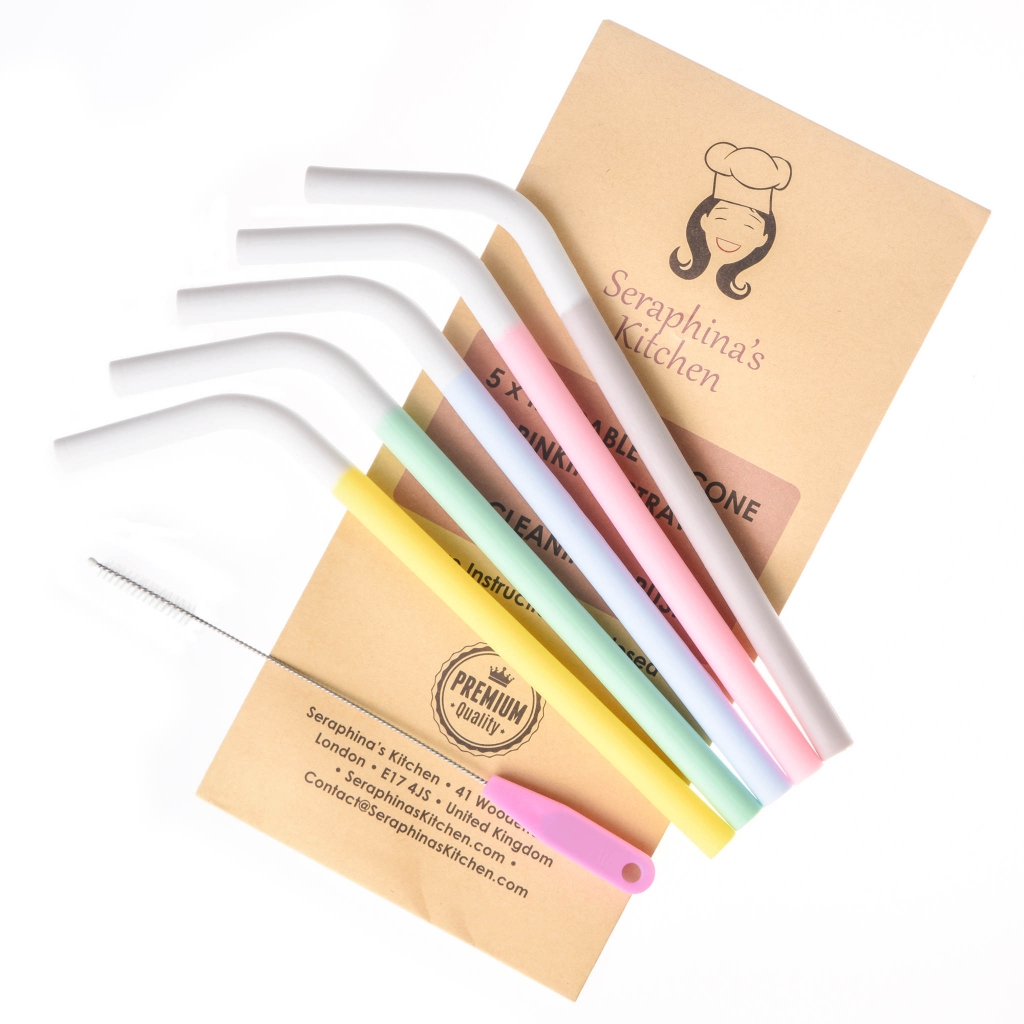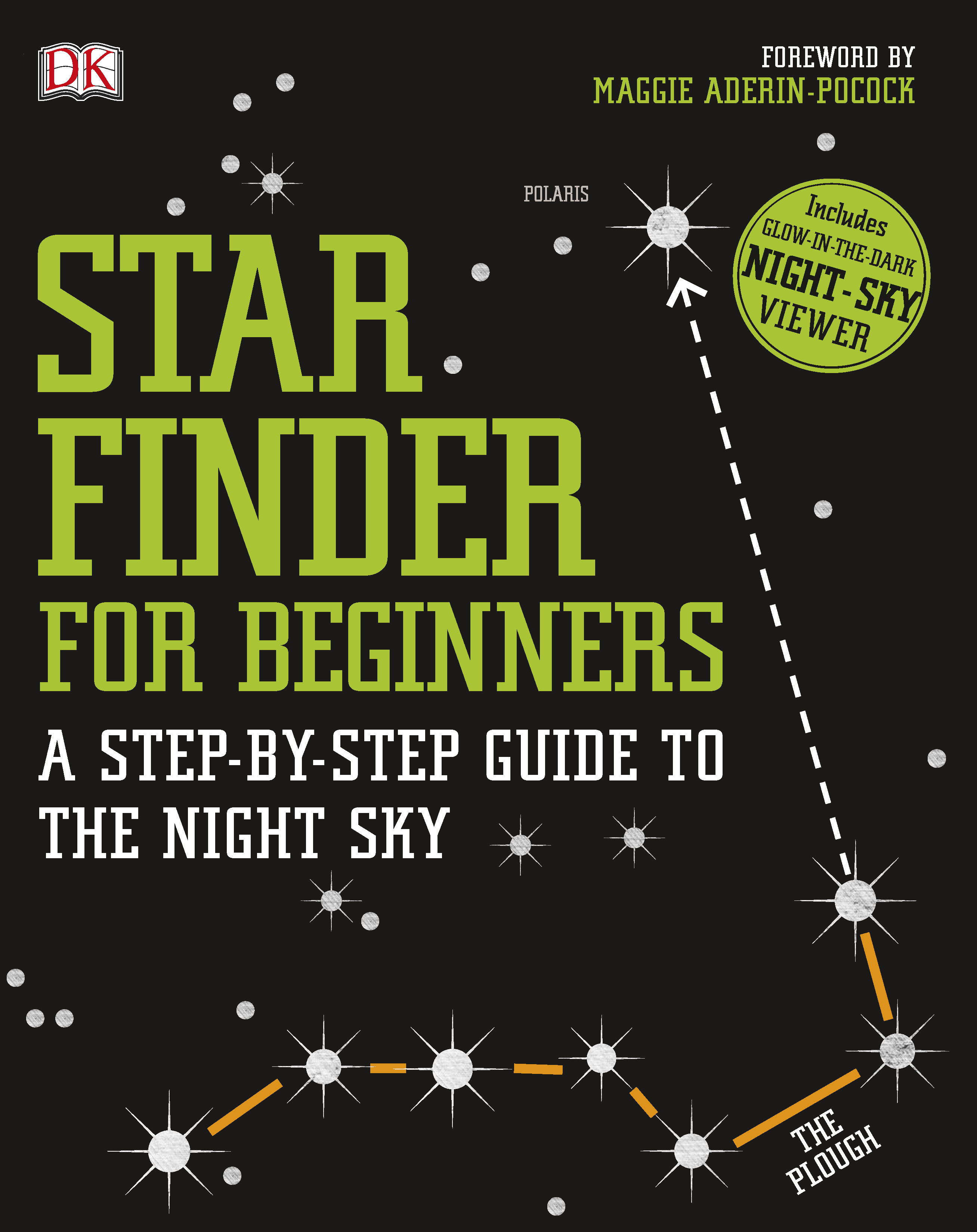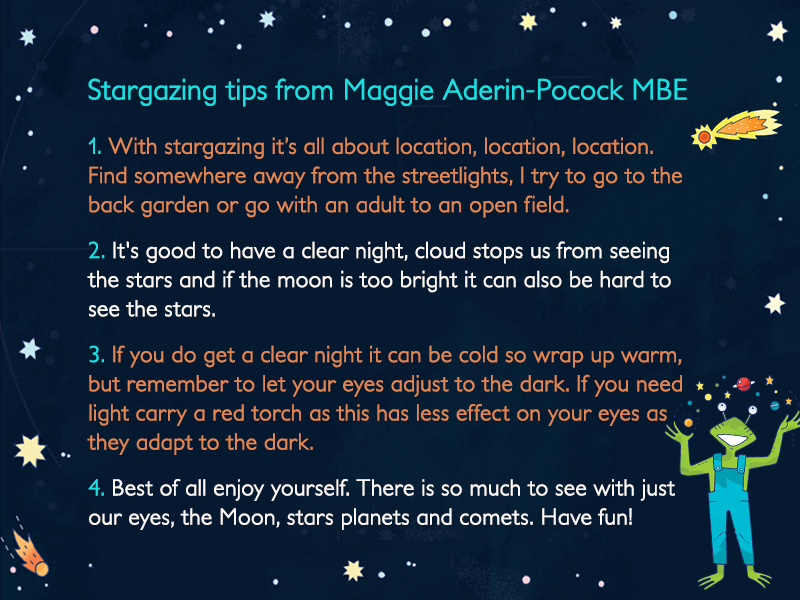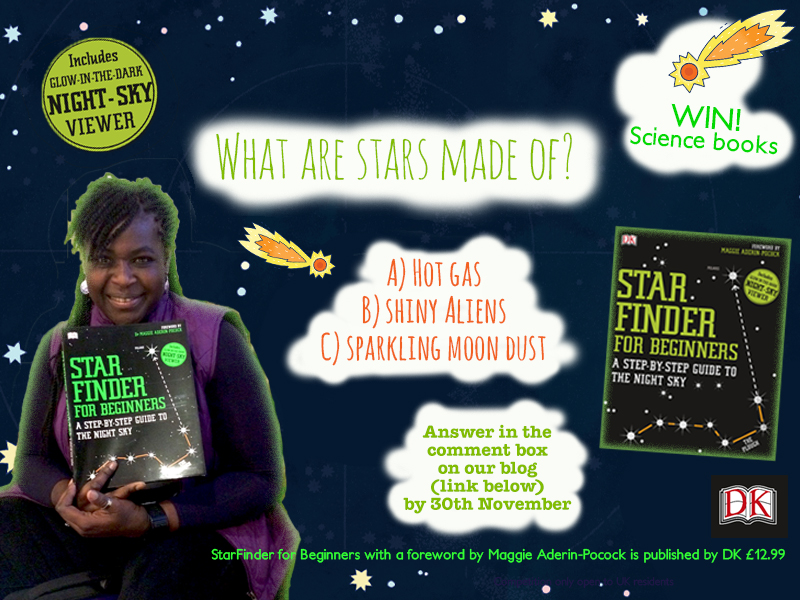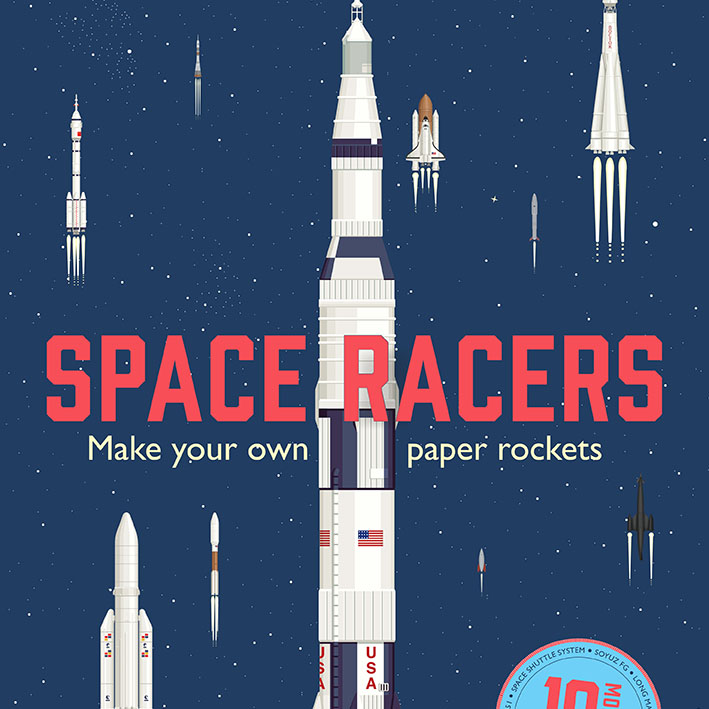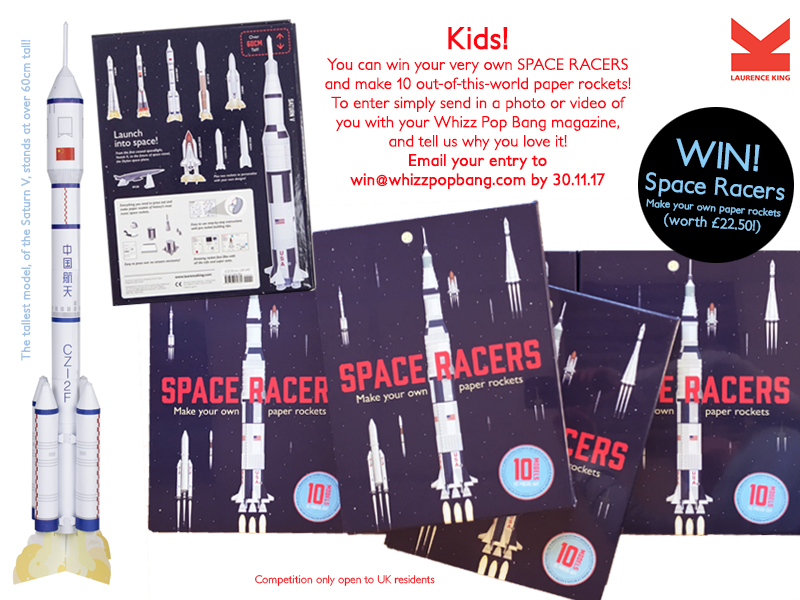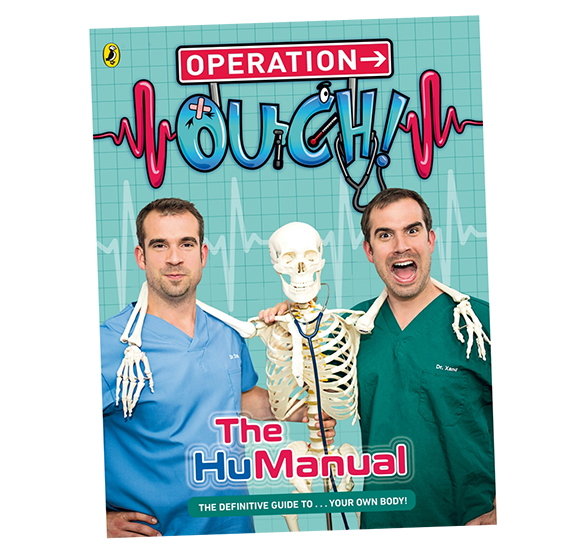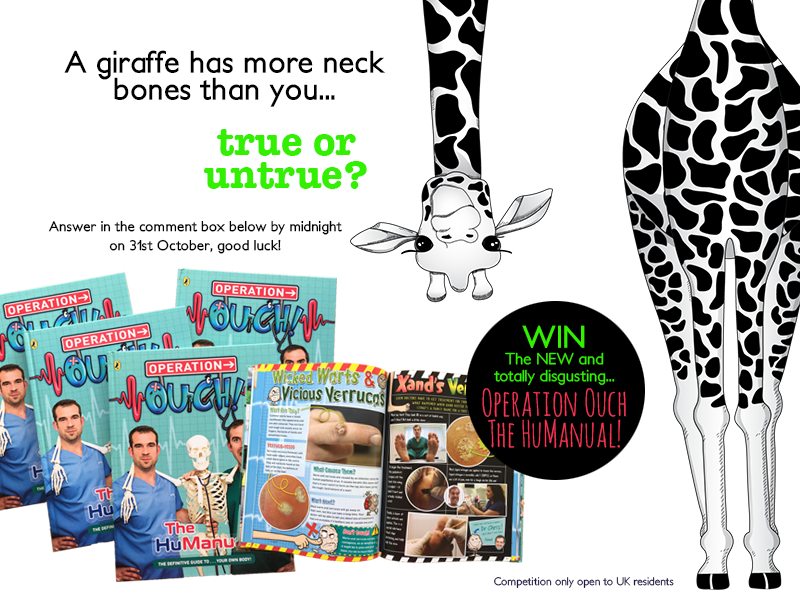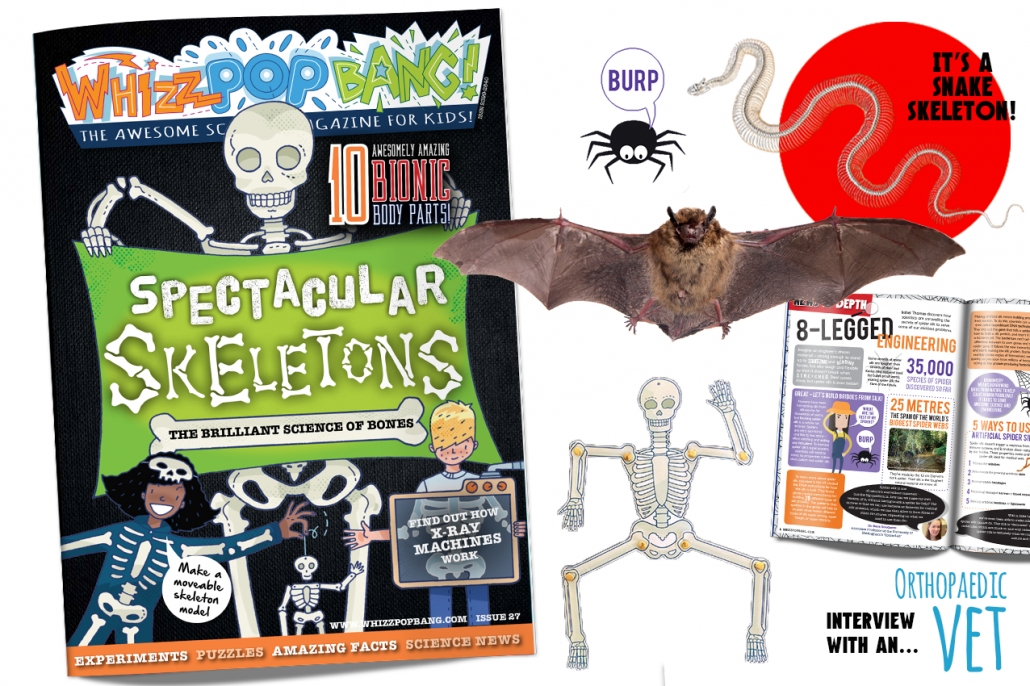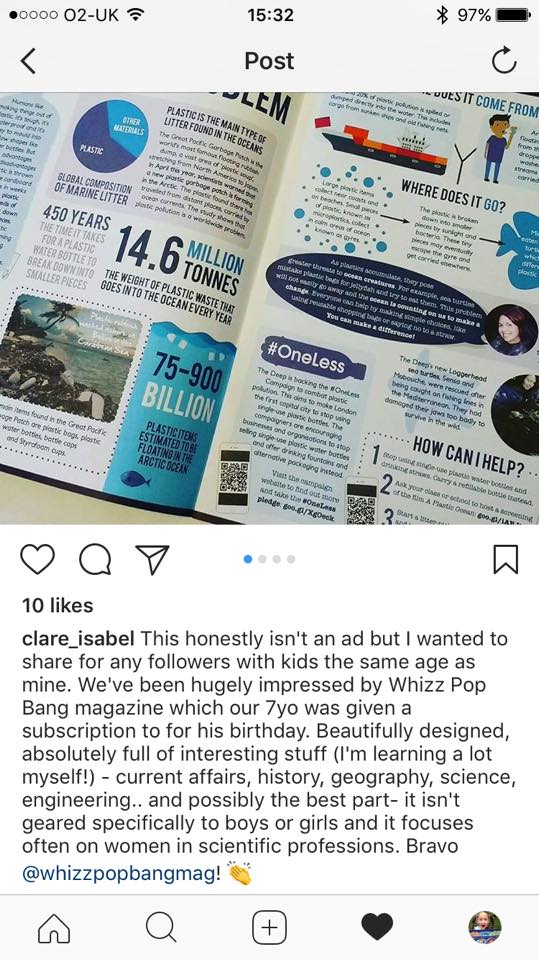
After reading about the London Evening Standard’s excellent #LastStraw campaign to encourage cafés and restaurants to stop giving out plastic straws, we thought it would be interesting to find out what children thought about receiving their drinks with straws.
Whizz Pop Bang is an awesome science magazine for inquisitive six to twelve-year-olds, so our readers and the children of our online fans were perfectly placed to answer a few questions about how they like to drink their drinks. This was obviously a subject that kids felt strongly about as we received over 1,600 responses. Here’s what we discovered…
Q1. Would you rather have a paper straw or no straw?

The results are close with just over half (54%) of the children who answered our survey saying, yes, they would rather have a paper straw than no straw at all, showing that there’s still a fair amount of desire for paper straws over no straws.
Q2. If you like having a straw in your drink, please tell us why…

What are the reasons people like having straws? There are many. Kids like to schlurp their drinks with a straw, blow bubbles and even make things with a straw (future engineers!). They’re certainly useful when you’re very young and the glass is too tall, or the ice is making the glass too cold to hold. Some just like sipping and stirring, and making their drink last longer. Any dentist will tell us it’s better for your teeth if you drink through a straw, and there are people who need to use a straw for medical or behavioural conditions such as autism. The overriding result however, with just over 30%, is that people like a straw because it’s a treat when they go out.
Q3. If you were given a drink without a straw, would you ask for one?

The results here are interesting, with only 27% of respondents saying that they would proactively ask for a straw if their drink didn’t come with one. This means that the majority of children wouldn’t mind if establishments simply changed their policies to stop routinely providing straws in drinks. This could cut down straw use by a whopping 73%. And the cost savings from that could be put towards purchasing more environmentally friendly straws for the children who would like them.
Straws: the statistics
The UK is easily the biggest user of plastic straws in Europe, with an estimated 8.5 billion thrown away each year, according to a study by Eunomia Research & Consulting. This compares with 4.8 billion in Germany, 3.2 billion in France, 2 billion in Italy and 1.1 billion in Denmark.
Several small towns and villages around Britain have declared themselves plastic straw-free, but an initiative in the capital could act as a catalyst for the whole nation.
Evening Standard, Monday 15th January
Time to act everyone! As parents, grandparents and carers who take children out for drinks, we are the ones who need to be making the decisions and paving the way. Together we need to educate our children and teach them to understand why we need to find alternatives to many types of plastic, not just straws. We also need to use our buying power and our voices to tell cafés and restaurants what we think – simply make a point of requesting no plastic straws when you place your drinks order and explain why.
What are the alternatives to plastic straws?
We’ve rounded up some environmentally friendly choices of straw to have at home or to whip out of your bag next time you’re out and about!
Bamboo straws
These are reusable, biodegradable drinking straws, made from whole bamboo, which is an easy to grow, sustainable crop. These eco-friendly straws can be used in hot and cold drinks and they don’t taste of anything. Available from Bambaw in packs of 12, and every pack comes with a cleaning brush.
Metal straws
Senhai sell a set of eight stainless steel metal straws (available with a bend for those who want an angle in their straws!). They come in different colours, with a two cleaning brushes in a cloth bag, and are dishwasher proof.
Glass straws
StrawGrace sell handmade, incredibly hardy glass straws that come in packs of five. These cool straws are BPA free, eco-friendly, dishwasher safe and shatterproof. Each packet comes with a year’s guarantee – this is the same glass that’s used in labs all over the world and in Pyrex dishes so it’s safe and strong.
Silicon straws

Seraphina’s Kitchen make reusable coloured straws from silicone in two different sizes; one for juices and a larger one for smoothies. They’re all BPA free, lead and phthalates free and you can clean them with the brush that comes with each pack, or put them in the dishwasher. A pack of 6 silicone straws is £12.47 from Buy Me Once
Paper straws

Kikkerland make loads of fun coloured and patterned paper straws, which makes a cheap and planet-friendly alternative to plastic straws at a party. The inks are soy based and food safe, the paper is biodegradable and coated with beeswax.
Vegware PLA Straws

How about a bioplastic alternative? Vegware PLA Straws are made from corn that would otherwise go to waste. Its proper name is polylactic acid (PLA) and it’s used by Vegware to manufacture drinking straws, as well as other utensils and coffee cups. While plastic straws take between 100 and 1,000 years to break down in landfill, conventional enzyme action is enough to decompose PLA straws in under 12 weeks, so they can go in your bin with the rest of your food waste.
In summary
The results of our survey show that whilst the majority of children feel okay about not using straws at all, there’s still a desire for straws, and hence a need for alternatives to plastic straws. Whether it’s as a treat in a special drink or because of less frivolous reasons such as age or health, there is a demand for a way to drink a drink without having to lift or touch the cup or glass.
The good news is that far fewer straws are needed in the first place, because the vast majority of children wouldn’t request a straw if their drink didn’t have one. That means savings for cafés and restaurants and more importantly, savings for the environment.
Paper straws might make the most sense in cafés because they’re cheap and hygienic. Restaurants and bars might go for more durable straws such as glass or metal, depending on their budgets and style preference. Silicone, bamboo, metal and paper straws are ideal for home use, birthday parties and people who want to take them out and about as an alternative to plastic straws.
Thank you to everyone who answered the questions in our survey. We’re off to add some eco-friendly straws to our shopping list – slurp!
